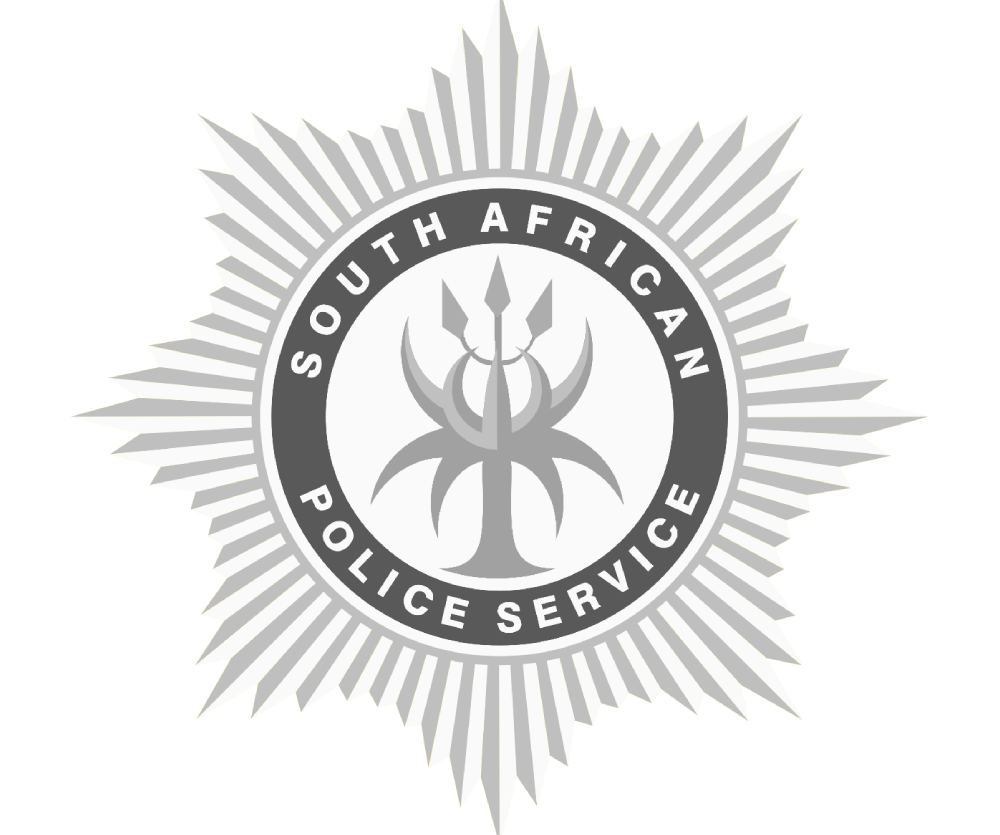Notarisation and apostille of non-English documents in South Africa is an essential step in the process of conducting international transactions. Regardless of whether you require documents to be prepared for legal, business, educational or personal reasons, it is essential that they are properly prepared and recognised on an international level, even if they are not in English.
However, it can be a challenging exercise if one does not understand the additional steps and requirements to ensure proper legalisation. The good news is that it doesn’t have to be like that. Our blog post provides a comprehensive overview of the notarisation and apostilling process for non-English documents in South Africa, ensuring they are suitable for use internationally.
The article provides a comprehensive overview of the notarisation and apostille process for non-English documentation in South Africa. It meticulously outlines the legal requirements for the legalisation of such documents and addresses the common challenges encountered during the process.
Scenarios where notarisation of non-English documents is required
Authentication of copies: As original foreign documents cannot be apostilled in South Africa, you will usually need to submit copies of documents such as birth certificates or educational credentials. Rather than sending an original document, a notarised copy can be used to guarantee that it is an accurate and unaltered reproduction.
Certification of translations: Not all translations are carried out by certified professionals. If your document was translated by someone who is not an officially recognised translator, a notary can validate its accuracy to ensure that the translated content genuinely reflects the intent of the original document. However, this can only be done if the notary speaks both the language of the original document and the translated text.
Certification of affidavits: certain declarations, such as powers of attorney, letters of sponsorship and travel consent letters, require a seal of authenticity. A notary can witness the signatures on such documents, thereby making them legally acceptable. Notarisation is the official process of verifying the identity of a person signing a document and witnessing their signature. This provides legal assurance of the document’s authenticity and the deponent’s intent.
Grasping the Essence of Notarisation of Non-English Documents in South Africa: a step-by-step guide.
Notarisation serves to authenticate the identity of signatories and the validity of documents. In South Africa, this is done by a legal practitioner with specialised legal authority, commonly referred to as a ‘notary public’. When notarising non-English documents, the notary must ensure that the document is complete and meets all legal requirements. This process involves verifying the signatories’ identities, confirming their understanding of the document and witnessing their signatures. The notary’s role is to attest to these aspects.
While there is no law in South Africa that explicitly prohibits the notarisation of non-English documents, the legal standard of ‘reasonable care’ that notaries must adhere to effectively rules out this practice. Public notaries in South Africa will not certify a document that staff cannot read, unless it is accompanied by a translation.
Step 1 – Ensuring the notary can understand the Non-English Documents in South Africa
One of the main challenges with non-English documents is ensuring that the notary can accurately understand their content. Although notaries do not provide translation services themselves, they must rely on certified translations to understand the content of a document. In South Africa, certified translations are provided by sworn translators who are accredited by the South African courts.
Once the translation is complete, both the original and translated documents must be submitted for notarisation. This process involves a notary public confirming that the original and translated documents are identical. They must then attach a notarial certificate and sign and stamp each page of the document.
This enables the notary to verify and authenticate the document properly based on its content.
Step 2 – Signing Non-English Documents in South Africa
Although the official requirements can vary from country to country, the basic process of signing a foreign document in the presence of a notary involves three steps: verifying the signer’s identity, observing them sign the document, and marking the signature with a stamp or seal.
In order to notarise a document, the signatories must provide valid identification so that the notary can confirm their identities. Once identities have been verified, the notary will lead each signatory through the document and observe them making each required signature or other mark. Once all signatures have been observed, the notary stamps each one with a unique custom stamp.
Historically, notarising documents has always been a face-to-face process. This requires all signing parties to coordinate their schedules so that they can travel to the notary. On the day, they must bring a paper copy of the document to be notarised, along with all the necessary identification.
Step 3 – Apostille of Non-English Documents in South Africa
According to international law, all countries that have signed the Hague Apostille Convention must obtain an ‘apostille’ for any documents signed in one country but intended for use in another.
Therefore, to make your certified non-English documents acceptable overseas, an apostille is required.
Essentially, an apostille is a special certification that validates the authenticity of a document for international use. Essentially acting as an international notarisation, an apostille certifies the origin of the document, the authenticity of the signature, and the capacity of the signatory. It is an invaluable resource for individuals and businesses engaged in international transactions or legal matters. The purpose of an apostille is to simplify the process of verifying a document’s legitimacy across borders and to support the embassy legalisation process for certain countries.
In South Africa, there are two main places that can provide an apostille: the South African High Court and the Department of International Relations and Cooperation (DIRCO).
The Importance of Accurate Information and Ethical Practices
Many people seek out a notary who speaks the language of their document, hoping for help with understanding it. While a bilingual notary can facilitate communication, it’s important to note that notaries public cannot provide legal advice.
- Notaries are not attorneys: Notaries are authorised to carry out specific notarial acts, such as verifying identities and witnessing signatures. However, they are not qualified to interpret legal documents or provide legal counsel.
- Certified Translations for Legal Matters: If your foreign-language document involves complex legal issues or requires official interpretation, it is essential that it is translated by a certified translator or translation company. This ensures that the translation is accurate and adheres to legal standards.

FAQs:
- Can original foreign birth, marriage and death certificates be apostilled in South Africa?
No, original foreign birth, marriage and death certificates cannot be apostilled in South Africa. South Africa can only apostille documents issued within the country. Foreign documents must be apostilled or legalised in their country of origin.
- Are legalisation, notarisation and apostille the same thing?
No, although they are related processes, legalisation is not the same as notarisation and apostille. Notarisation is a specific step that is often required before legalisation or an apostille can be obtained, while legalisation is a broader term that encompasses both apostilles and other methods of verifying documents for international use. An apostille is a specific type of legalisation for countries that are part of the Hague Convention.
- What does the legalisation of a signature mean?
It means officially verifying and confirming that a signature on a document is genuine and was made by the person it is attributed to. This process often involves an official stamp or certificate and does not validate the content of the document itself, but rather confirms the signature’s authenticity.
- How long does it take to notarise and apostille non-English documents in South Africa?
Processing times can vary depending on many factors. If you decide to handle the process yourself, it will take some time, but we can expedite the authentication process by attending in person, saving you weeks of waiting. We usually process notarisation and apostille within three working days.
- Are English translations required for the notarisation and apostille of non-English documents?
If the notary public does not understand the foreign language, an English translation by a sworn translator is required.
Global Apostille at Your Service!
To ensure the legality of your Non-English documents internationally, they must be validated with a South African apostille. At Global Apostille, we offer an express DIRCO and High court apostille service to help you obtain your documents quicker. Our service is the fastest in Johannesburg, Pretoria, and the Gauteng area. We also provide urgent translation services from any language to English and vice versa. Additionally, we provide same-day translation from Spanish, German, French, and Portuguese into English and vice versa. We guarantee that we will provide you with a team of sworn and professional translators who will provide you with a secure and private translation and apostille service. For more information on our services please feel free to contact us. Tel: 012 348 3134| Mobile: 081 347 6060 | Email: info@apostillelegalisation.co.za














